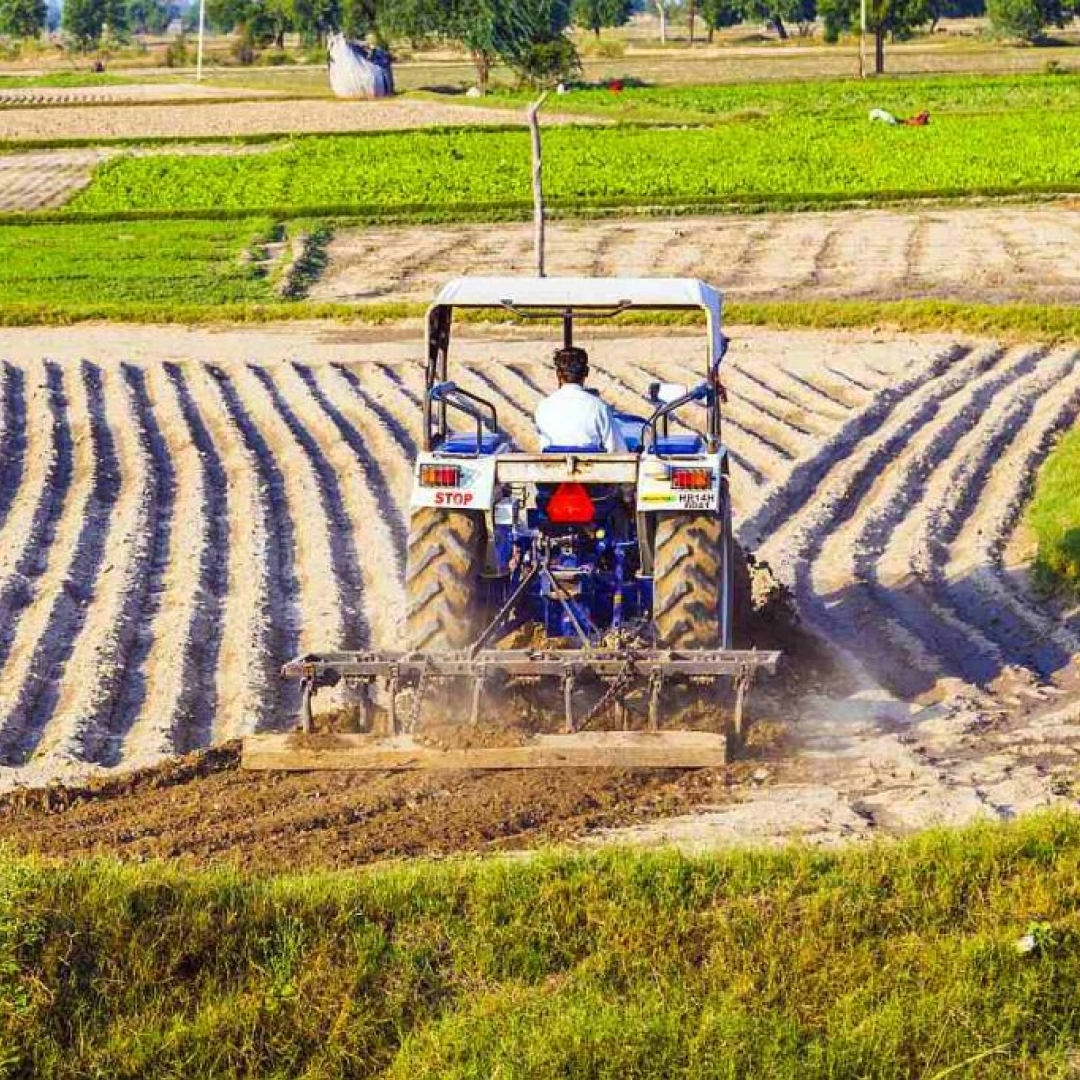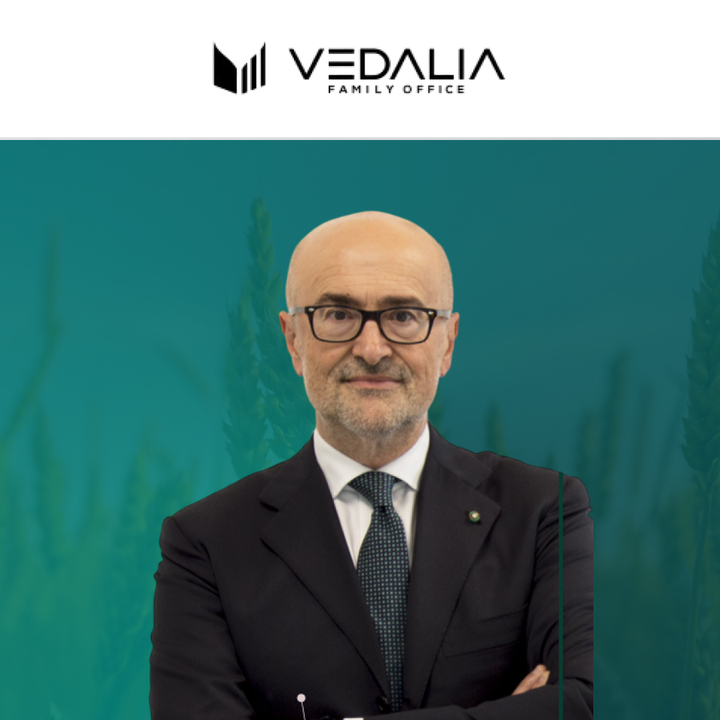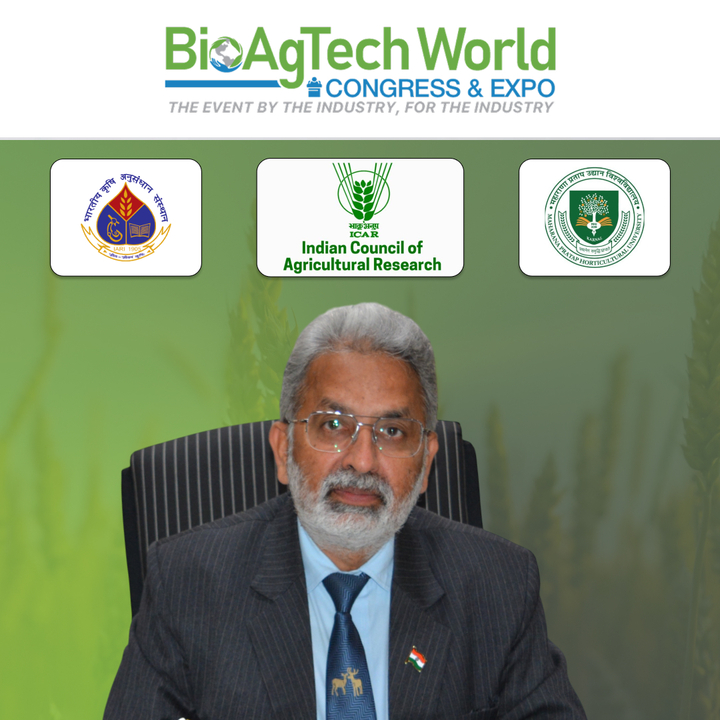
When you read the daily news, it seems like big winds of change are about to blow. A general malaise has been installed within societies due to the economic slowdown, the inflation of the past year(s), the wars, rising living costs, and the sudden disappearance of the climate kids from the news.
The EU Parliament elections are just behind us. However, the negotiations for the top EU executive jobs are still ongoing, with difficulty maintaining the balance between the new EU Parliament composition and the current Governments in the Member States while waiting for November’s US election outcome. Some of the Member States are holding elections soon and some are still trying to form executive cabinets after recent elections.
So, what to expect from the new EU cabinet and its policy direction? Well, the word green might be less fashionable these days among politicians, and it is likely to be replaced by innovation and industry competitiveness.
Whilst the political negotiations are ongoing for the top EU jobs, the working program for the next commission is well on its way. As I mentioned in the previous BAW Digest (Winter 2024 issue) article, there is an outspoken recognition that something must happen to foster a tangible transformation of innovation into societal gains. It is expected that the new EU agenda will focus on industrial policies that advance economic growth and innovation implementation. For the BioAg industry, this is a window of opportunity to promote faster market access for our products and seriously look at the current procedures for placing biocontrol products on the market. Biostimulants are expected to remain safe from the cumbersome EU procedures.
There is no other option than changing the current status quo for biocontrol. The assessment of safety and efficacy, alongside extensive testing of our products, is necessary and the industry wants to see such assessments. Industry wants sensible and proportionate regulations and rules in place.
Rules for the BioAg industry must not be under the current unsuitable regulatory framework set by an obsolete chemical regulation written 20 years ago. We need to remove the impractical procedures in place and unfit pieces of implementing legislation and revise the applicability of guidance documents and unsuitable approval criteria.
No, they are neither connected with the safety nor efficacy of the products. The procedural part is what needs to change. Did you know that more than 85% of all microorganisms registered in Europe are blocked from new product authorization and label expansion because of years-long renewal procedures? Yes, you are not alone in dealing with procedural work that provides zero value to farmers.
The next Commission will have to tackle this and not fall into the trap of protectionist policies to block the success of biologicals’ use in non-EU third countries using regulatory initiatives such as the Organic Regulation revision or the use of the Chemical MRL Regulation. It is an easy temptation to follow but surely a losing policy because it will quickly backslash in the new world we are in today. This temptation to use technical trade barriers is based on safety arguments. This worked well in the past 15 years for the chemical active ingredients but had an unintended consequence. Rather, it encouraged the use of biocontrol in non-EU exporting countries of food and animal feed and put EU growers in a disadvantageous position by not allowing them to access the same biocontrol products as their peers.
However, attempting to repeat this formula for biocontrol is a losing game because one cannot set technical trade barriers based on scientific evidence (there isn’t), though some people might think they can do it because of their limited understanding of how biologicals work. The risk is that EU officers will soon realize that the technical arguments are impossible to implement, let alone enforcing them. Then, they will have to escalate it to the next level and trade tariffs to protect the EU single market will need to be set. We will see changes in the right direction just because the clock is ticking, and limited time is left to address EU farmers’ downward competitiveness. But we should be aware that the risk of a “Made in Europe” policy is just around the corner, and this would lead to disruption in business operations.
Is it time to press the panic button? Not yet. Not much is happening until the new Commission executives are in place and the US election in November is decided. If you want to start your engines and be ready, there are two examples you could follow to have a sense of direction.
A good one to watch out for is outside our BioAg world: the current dispute with China over electric vehicles*. It is on the top of the policy agenda, as expected, and a clear result of the EU’s past protectionary policies for combustion engines while the rest of the world was moving forward with electric cars. Since the car industry is at the top of the economic priorities for some of the biggest Member States (Germany, France, Italy), the current dispute with China on electric vehicles is a great case to understand where Europe is heading with its industrial policy. And this should serve as a good lesson that using protectionism to prevent innovation never works. Innovation will happen, elsewhere.
The second one is sector-specific that will impact biocontrol globally and it relates to the revision of the Organic Rules regulation. This initiative to revise the Organic rules has been triggered by some frauds found in granting Organic Labels certifications for food in third countries, which was uncovered by the USDA.
The US tackled the issue by addressing specific cases. Whereas the EU decided to withdraw mutual recognitions on Organic Labels in most third countries (the US and a few others are exempted from this action) and completely revise the rules to accept products that can be used for Organic labels in third countries. Companies with products targeting the Organic Market in third Countries with active ingredients not registered in the EU and do not have an OMRI label should follow this initiative to avoid issues with the farmers aiming at exporting their produce under organic certification. The US, Chile, and a couple of other countries will be exempted – the list is growing every day but check for the developments and contact IBMA Global for support on this matter as the IBMA Secretariat is following this discussion closely.
More will come on this topic in the upcoming issue.
(*) “Europe gives China a taste of its own trade medicine”, by Jakob Hanke Vela and Jordyn Dahl, Politico, June 18, 2024. (Europe gives China a taste of its own trade medicine – POLITICO)
Disclaimer: the text expresses solely the personal thoughts and views of the author on the topic and does not necessarily reflect views, opinions, or positions of any organization to which the author is affiliated.







Leave a Reply